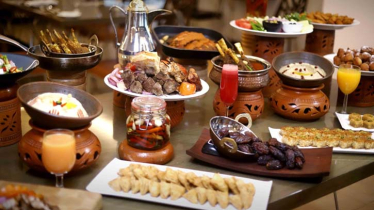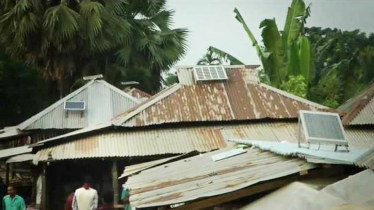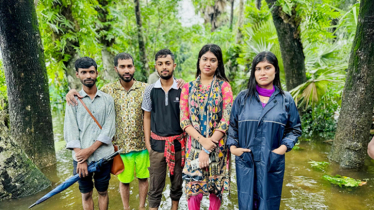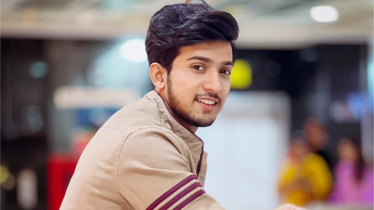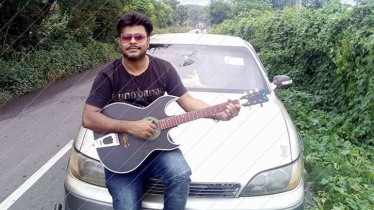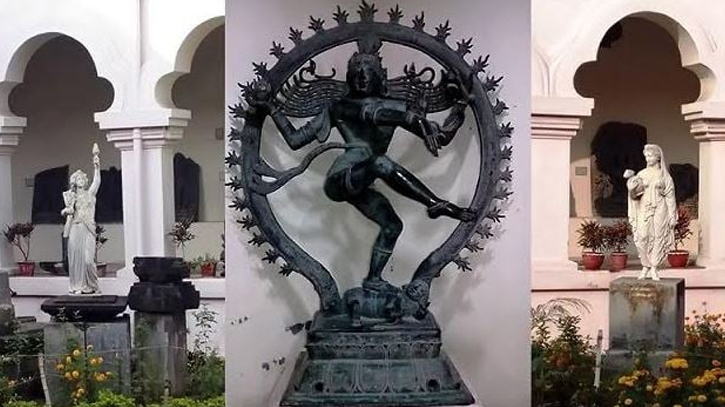
Photo: Collected
Varendra Research Museum (VRM) has become one of the main icons in terms of showcasing rare archeological artifacts in south Asia.
For the last scores of years, the VRM has been carrying deliberation of ancient heritages and ultimately it has become enriched with archeological resources.
Located in Hossainiganj area in the Rajshahi metropolis and run by Rajshahi University, the museum is enriched with the monuments that still defied the ravages of man and nature.
Around 19,100 artifacts of hundreds and thousands of years, including the periods of Pal, Sen, Mourjo and Gupta, remained preserved in the museum.
The first museum established in erstwhile East Bengal in 1910, VRM is very much a popular and tourist attraction contributing a lot to showcasing the century-old historical and archeological artifacts.
Professor Dr Emtiaz Ahmed, Director-In-Charge of VRM, said the centuries-old artifacts showcased at the museum present the glorious past of Bengal in general and of Varendra in particular.
The museum library has a collection of books and periodicals, right from the beginning, essential for research and higher studies in ancient and medieval history and art and archaeology of Bengal.
Collection of the museum consists of stone and metal sculptures, epigraphs, coins, pottery and plaques in terracotta, weapons, Arabic and Persian documents, paintings, books and periodicals, Sanskrit and Bengali nmanuscripts.
Referring to the historical and archeological records, Prof Emtiaz Ahmed said the museum originated from Varendra Research Society, which was established by Saratkumar Ray and two of his close associates Akshay Kumar Maitreya and Ramaprasad Chanda.
A large number of visitors from both home and abroad visit the museum everyday from home and abroad, he added.
Sarat kumar led an exploratory tour accompanied by AK Maitreya, Rakhaldas Bandyopadhyay and a few others to Deopara, Palpara, Malancha, Jugpur, Itahar, Chabbishnagar, Mandoil, Kumarpur, Khetur and Vijaynagar in early April 1910.
The party was able to collect 32 pieces of sculptures, including the life-size images of Chandi from Mandoil.
Akshay Kumar constructed the museum building at his own cost on the land donated by his elder brother Raja Pramada Nath Ray of Dighapatiya.
Lord Carmichael laid its foundation stone on 13 November 1916. The museum was opened on 27 November 1919.
Gallery-1 showcases relics of the Indus Valley-Civilization (2500 BC), found from the excavations at Paharpur in Bangladesh (8th-12th century AD), Persian farmans and Bangla documents, Sanskrit inscriptions in old Bangla scripts, glazed tiles, metal ware in Islamic style, hand written copies of the Holy
Quran, Bangla and Sanskrit manuscripts, Mughal paintings and miscellaneous sculptures in stone and bronze, antiquities from Nalanda, Bihar and other parts of India.
In gallery-2, there are Buddhist and Hindu stone sculptures and modern wood sculptures.
Gallery-3 displays Hindu sculptures: images of Surya, Shiva, Ganesha and Visnu. Cult icons of the Shaktas of Durga-Gauri-Uma-Parvati, the Matrikas and Chamunda are displayed in gallery-4.
Gallery-5 offers images of Buddha, Bodhisattvas, Taras, Jaina Tirthankaras and minor gods and goddesses of Hinduism.
Arabic, Persian, Sanskrit and old Bangla stone inscriptions, sculptured stones of the Muslim period, mihrab, decorated door jambs and lintels and a pair of Sher Shah's Bronze cannons are displayed in gallery-6.
The upper row of the verandah is furnished with terracotta molded plaques from Paharpur.
In the bottom row, there are Buddhist and Hindu sculptures. The courtyard offers a fascinating view of sculptured stones from Hindu and Muslim buildings, stone pillars, Shiva Lingams and Yonipattas.
The number of Sanskrit manuscripts traced so far is 2,530. The museum can, at present with 10,147 volumes, reasonably feel proud of its library.
Meanwhile, Rajshahi University authorities have renovated and modernized the museum at a cost of Taka 70 lakh donated by American Cultural Center.
Prof Ahmed said the museum has now been furnished with more modern facilities, equipment and designs with construction of a new three-storied building.
Messenger/Mumu

